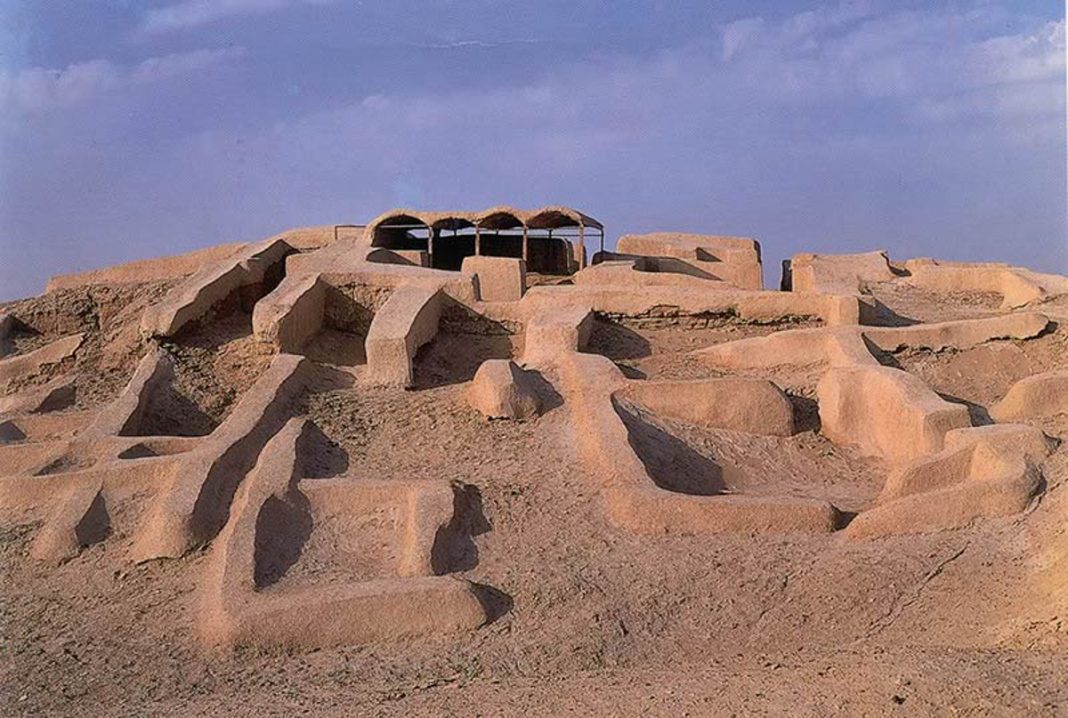Being in the north of Sistan and Balouchestan, Hamun is one of the richest cities as it has a huge potential for natural and historical tourism. The other historicalvcities in the province are Zabol, Hirmand, Zahak and Nirmouz. But given its novel ancient and historical monuments and other tourism capacities, Hamun can be described as the heart of tourism in Sistan and Balouchestan Province.
Here is a number of tourism attractions of the province.
Hamun Lake
One tourist destination is Hamun International Wetland that began drying some 20 years ago. The wetland used to be the heart of Sistan and surrounding regions when it was filled with water. When it is inundated with water, many reeds grow in the wetland, making the wetland beautiful and creating a pleasant draught for nearby areas.
Kahjeh Mountain
Khajeh Mountain is in the center of Hamun Lake. It has long been known as a Zoroastrian convent. There are buildings of an old city at the foot of the mountain. This is where the remains of a fire temple are also visible.
Shahr-e Sukhteh (Burnt City)
Shahr-e Sukhteh is the main tourist hub of Sistan and Balouchestan. This ancient site is 5,000-year-old where many of the first of mankind have been discovered. Shahr-e Sukhteh is at the entrance of Sistan. It is a token of the region’s ancient civilization. The Burnt City was founded in 3,200 B.C. and its people lived in four periods between 3,200 and 1,800 B.C. It has been put on the UNESCO’s World Heritage List.
The other historical monuments of Sistan and Balouchestan are Rostam Castle and the Windmills.
